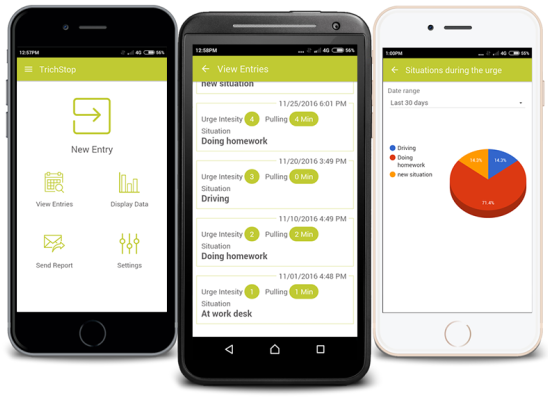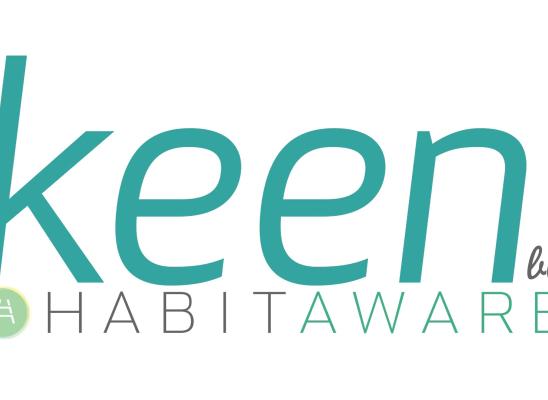Webinar - Relapse Prevention Strategies

Online test
Find out the severity of your symptoms with this free online test
The Trichotillomania Learning Centre recently hosted a webinar titled “Getting well is only half the job: Relapse prevention Strategies” with Dr. Fred Penzel. The reason this webinar is important is because body-focussed repetitive behaviors (BFRBs) such as trichotillomania are chronic conditions. This means that, while it is possible to live a pick free life, this does not mean you have been cured. There is no cure for trichotillomania, instead it is a condition that must be actively managed. Just like someone who has diabetes has to manage their condition for their whole lives, so too do people with trichotillomania need to manage their BFRB. In this webinar Dr. Penzel talks about the concept of relapse, challenging the semantics we use to refer to a setback in managing the disorder and that we should not be viewing relapse as a single event, but rather as a process.
The Relapse Model
The Model of Relapse focuses on the role of high risk situations and the individual’s response to them

Hair pulling has been identified as an ineffective coping response to certain triggers. When situations occur that puts the person at high risk of being exposed to hair pulling triggers, it is important that the individual has established effective coping mechanisms to prevent a relapse to a picking response. When this effective coping response is absent or inadequate the expectation that relapse is inevitable can serve to be a self-fulfilling prophecy in that it makes the chances of relapse increasingly likely. Dr. Penzel makes the point that as humans we are imperfect by nature so it is unrealistic to expect that relapses will never happen. However instead of perceiving these as failures, we should be think of them as part of the learning process. So the goal of relapse prevention is not to prevent relapse completely, but rather to minimize it and make yourself as lapse-proof as possible.
The four steps of lapse prevention
- Learn to identify your high-risk situations: Identify the situations that causes us stress or anxiety and tends to trigger the need to pull. A key aspect of therapy is developing awareness of your triggers and pulling contexts. It is important to constantly reflect on what types of situations puts you at risk to pull as these can also change as you move through the life changes. This is where the mindfulness aspect of cognitive behavioral therapy is important.
- Be realistic and prepare for setbacks: If you are realistic about the possibility that relapse can happen to anyone you can be prepared to deal with it when the situation arises.
- Act immediately using the tools you learned in therapy: The longer you take to act, the harder it becomes to pull yourself back. You want to watch out for relapses becoming habit. While it is realistic to have relapses, shrugging it off as just that and not acting on it immediately places you at risk of relapsing more and more often
- Live a balanced lifestyle: Living a balanced lifestyle is good for everyone whether you are a BFRB sufferer or not. It places you at a stronger place to cope with life’s stresses and is good for your overall health and wellness.

Dr. Penzel then goes on to discuss cognitive behavioral therapy and how it is used to help people with BFRBs. He also outlines some of the core irrational, illogical beliefs of people with BFRBs that need to be challenged in CBT and the ABCs of doing so. He concludes with a powerful statement that the goal really is to learn to accept yourself unconditionally. He describes unconditional acceptance as recognizing that “just because you do good doesn’t make you good in its entirety, just like doing bad doesn’t make you bad in its entirety”. The webinar then closes with an opportunity for attendees to ask questions.
Online test
Find out the severity of your symptoms with this free online test
Start your journey with TrichStop
Take control of your life and find freedom from hair pulling through professional therapy and evidence-based behavioral techniques.
Start Now



